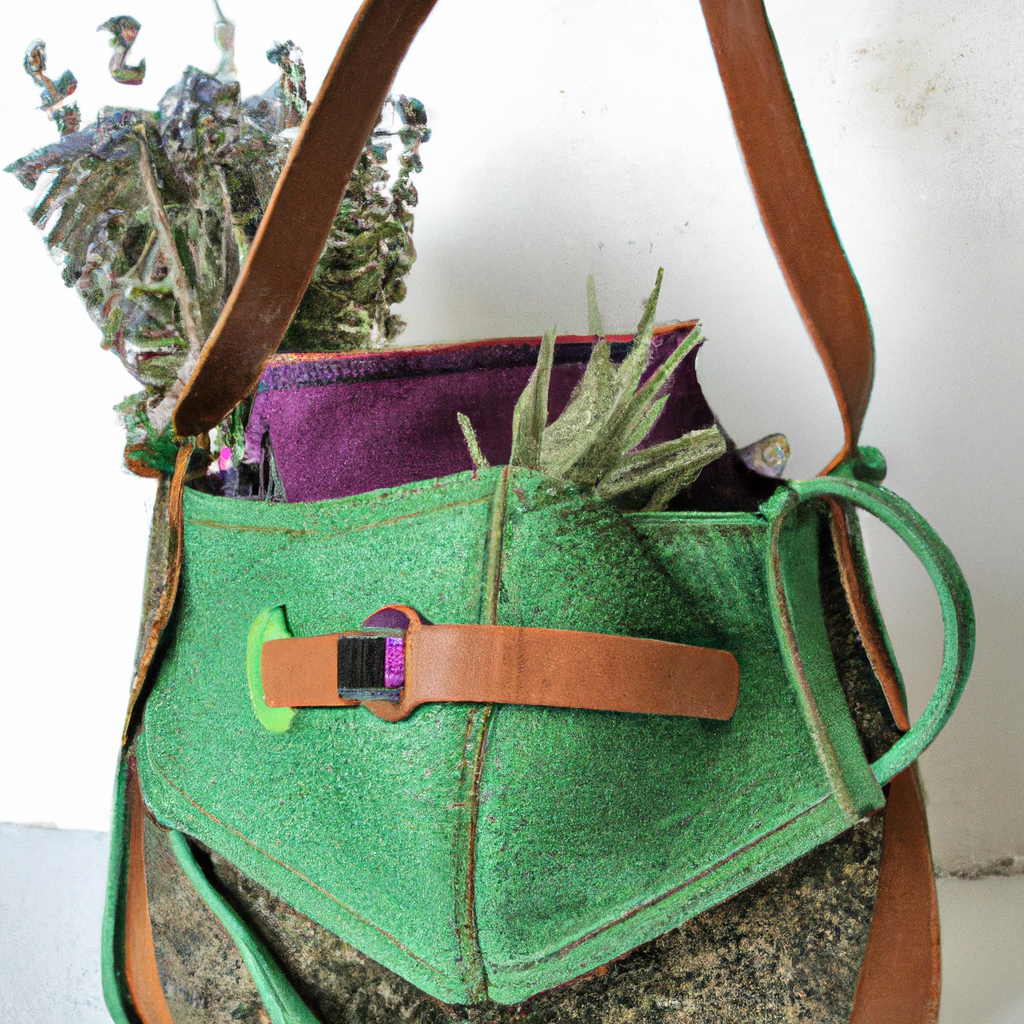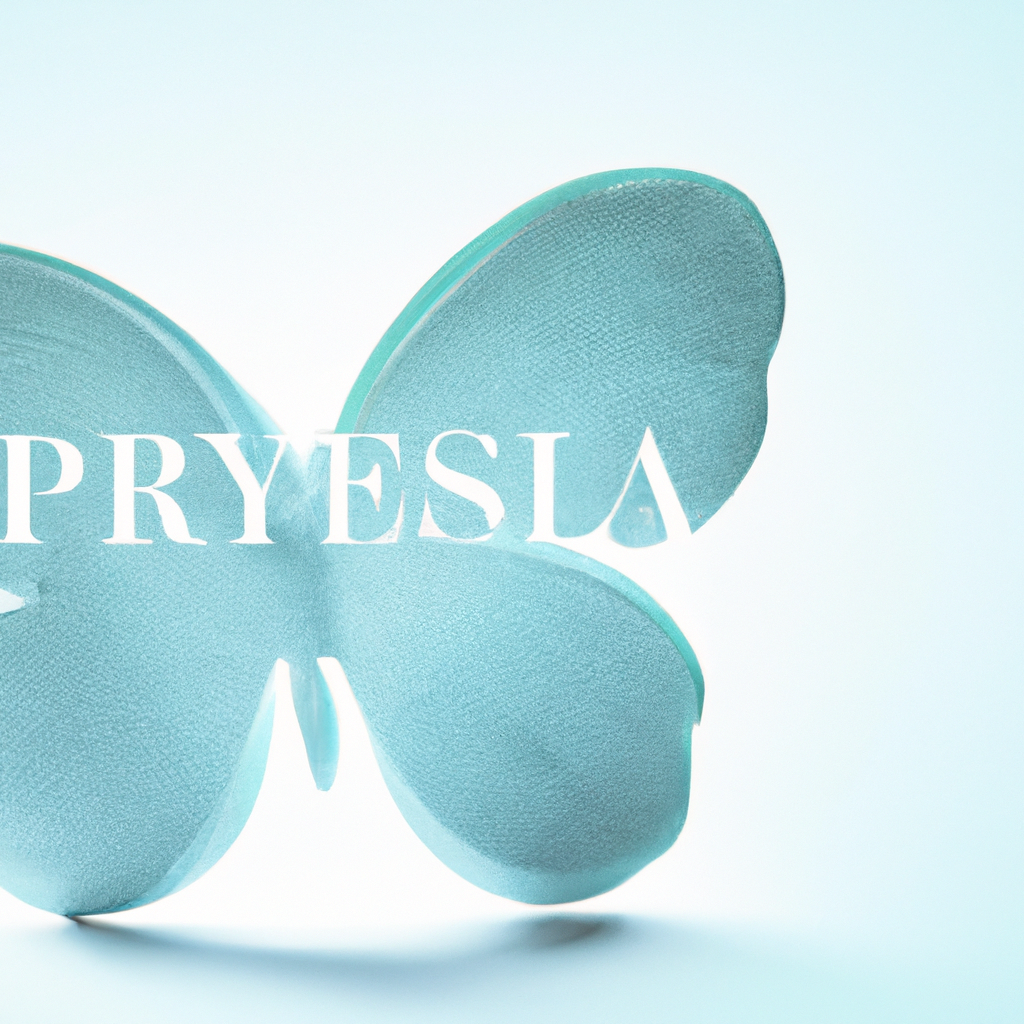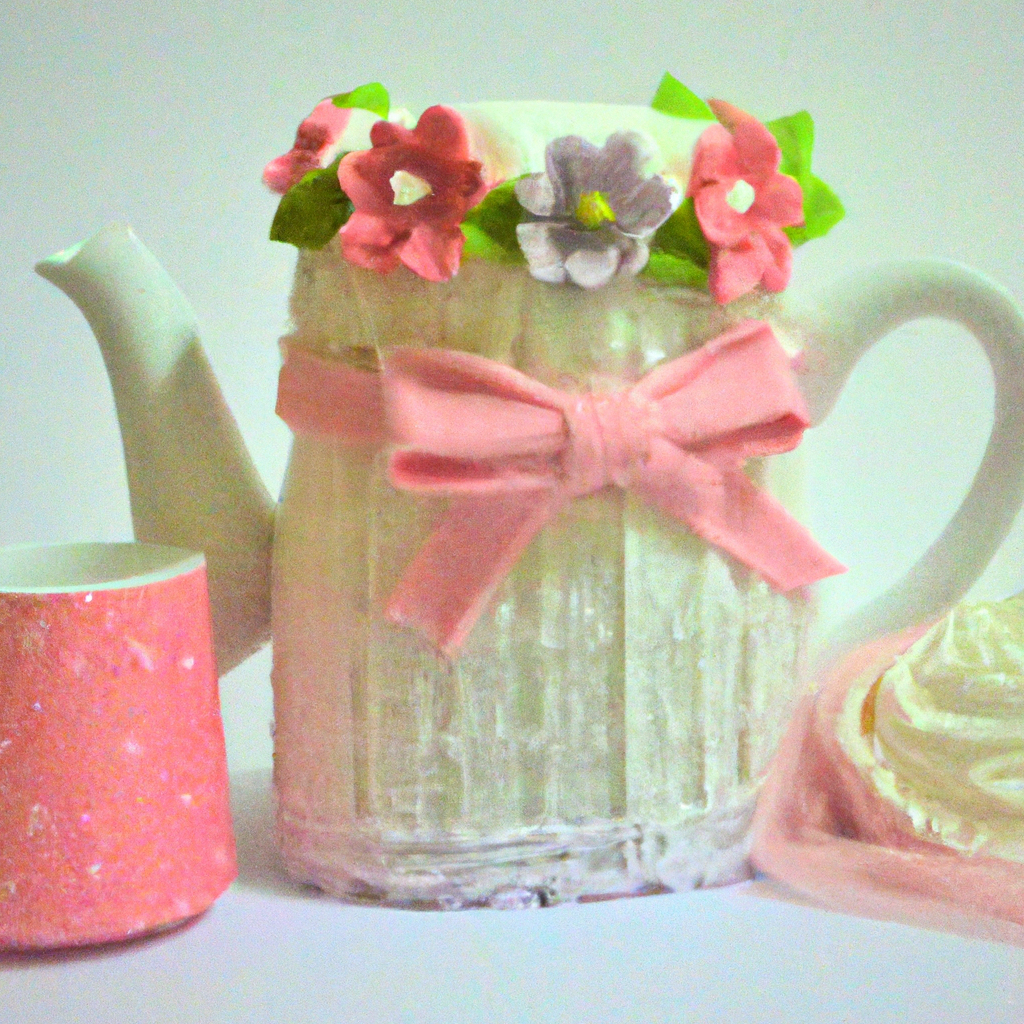In recent years, the fashion industry has been undergoing...
In recent years, the fashion industry has been undergoing a significant shift towards sustainability. From eco-friendly materials to ethical productio...
March 8, 2025
admin
Global Sports
3 minutes read
In recent years, the this matter industry has been undergoing a significant shift towards sustainability. From eco-friendly materials to ethical production practices, the concept of sustainable this matter has been gaining traction among consumers and industry players alike. This article delves into the world of sustainable this matter, exploring the key trends, challenges, and opportunities in this eco-friendly revolution.
Introduction to the Topic
The Evolution of Sustainable this matter
Sustainable this matter, also known as eco-this matter, is a growing movement that aims to reduce the environmental impact of the this matter industry. This includes using environmentally friendly materials, minimizing waste, and promoting ethical labor practices. The rise of sustainable this matter can be attributed to increasing consumer awareness about the environmental and social issues associated with traditional this matter production.
According to a report by McKinsey & Company, the global this matter industry is responsible for around 4% of the world's greenhouse gas emissions. This alarming statistic has prompted many this matter brands to re-evaluate their production processes and adopt more sustainable practices.
Key Trends in Sustainable this matter
Key Concepts and Definitions
1. **Use of Eco-Friendly Materials**: One of the key trends in sustainable this matter is the use of eco-friendly materials such as organic cotton, hemp, and recycled polyester. These materials have a lower environmental impact compared to traditional fabrics like conventional cotton or polyester.
2. **Circular this matter**: Circular garment industry is a concept that promotes a closed-loop system where products are designed to be recycled or upcycled at the end of their life cycle. This approach helps reduce waste and minimize the industry's carbon footprint.
3. **Transparency and Ethical Sourcing**: Consumers are increasingly demanding transparency from garment industry brands regarding their sourcing and production practices. Brands that prioritize ethical labor practices and sustainable sourcing are gaining favor among conscious consumers.
Challenges and Opportunities
Case Studies and Examples
While the shift towards sustainable garment industry is promising, the industry still faces several challenges. One of the main obstacles is the cost associated with sustainable production practices. Eco-friendly materials and ethical labor practices often come at a higher price, making it difficult for some brands to adopt sustainable practices at scale.
However, the growing demand for sustainable garment industry presents significant opportunities for brands that are able to innovate and differentiate themselves in this space. According to a report by Nielsen, 73% of global consumers are willing to pay more for sustainable products, indicating a strong market potential for eco-friendly garment industry.
Case Studies: Leading the Way in Sustainable Fashion
- 1.
- **Patagonia**: Outdoor apparel brand Patagonia is a pioneer in sustainable fashion, known for its commitment to using recycled materials and promoting fair labor practices.
- The company's "Worn Wear" program encourages customers to repair and recycle their old garments, promoting a circular approach to fashion.
Future Trends and Implications
2. **Stella McCartney**: British fashion designer Stella McCartney is renowned for her dedication to sustainable fashion. The brand uses innovative materials such as vegetarian leather and recycled cashmere, setting a high standard for eco-friendly luxury fashion.
Conclusion
The rise of sustainable fashion represents a fundamental shift in the fashion industry towards more eco-friendly and ethical practices. While challenges remain, the growing consumer demand for sustainable products presents a significant opportunity for brands to innovate and differentiate themselves in the market. By embracing sustainability, fashion brands can not only reduce their environmental impact but also appeal to a new generation of conscious consumers.
Sources









Comments
Comments temporarily unavailable.
Leave a Comment